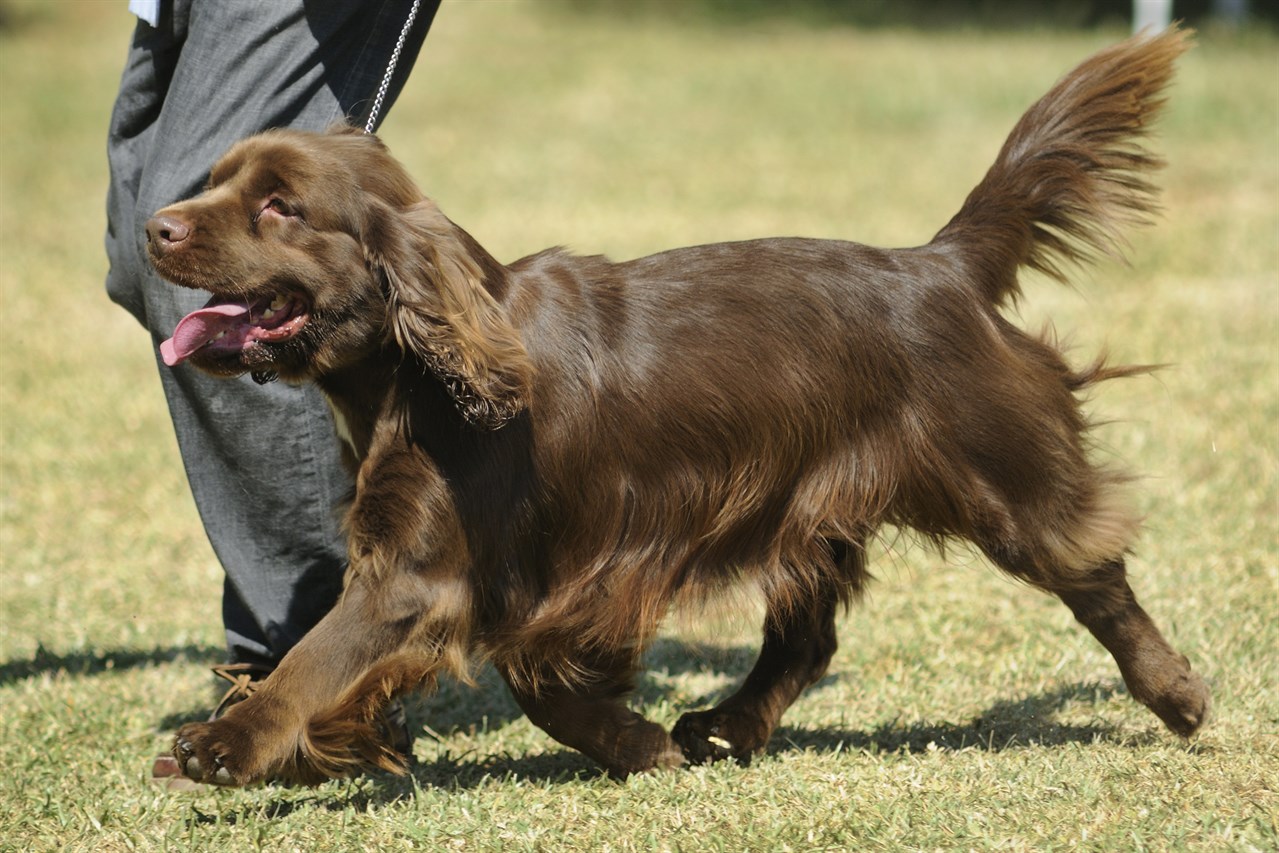Feeding Habits and Food Requirements of the Sussex Spaniel

Proper nutrition is vital for the health and well-being of your Sussex Spaniel. Understanding their feeding habits and dietary requirements is essential to ensure they receive the right balance of nutrients for their specific needs.
Feeding Habits
- Scheduled Meals: Establish a consistent feeding schedule for your Sussex Spaniel. Most adult dogs do well with two meals a day, while puppies may require more frequent feedings. Having set meal times helps regulate their digestion and can aid in housebreaking.
- Portion Control: Be mindful of portion sizes to prevent overfeeding. Sussex Spaniels have a tendency to gain weight if not properly portioned, which can lead to health issues such as obesity.
- Avoid Free-Feeding: Refrain from leaving food out for your Sussex Spaniel to eat at their leisure (free-feeding). Controlled portions help you monitor their intake and ensure they are not consuming too much.
Food Requirements
- High-Quality Dog Food: Choose a high-quality commercial dog food that is appropriate for your Sussex Spaniel's age, size, and activity level. Look for products that list a protein source (such as meat or fish) as the first ingredient.
- Protein: Sussex Spaniels benefit from a balanced diet with a moderate protein content. Protein is essential for muscle development and overall health. However, avoid diets that are excessively high in protein.
- Fat: Opt for dog food that contains a moderate amount of fat. Healthy fats provide energy and support the health of your Sussex Spaniel's skin and coat.
- Carbohydrates: Carbohydrates should be included in their diet for energy. Look for carbohydrates from sources like rice, sweet potatoes, or grains that are easily digestible.
- Fruits and Vegetables: Some dog foods include fruits and vegetables, which can provide vitamins and minerals. You can also incorporate small amounts of fresh fruits and vegetables into their diet as healthy treats.
Special Considerations
- Allergies and Sensitivities: Be attentive to any food allergies or sensitivities your Sussex Spaniel may have. If you notice signs of digestive upset, skin issues, or food allergies, consult with your veterinarian to identify and address the problem.
- Weight Management: Sussex Spaniels are prone to weight gain, so it's crucial to monitor their weight and adjust their portions as needed. If your dog becomes overweight, work with your veterinarian to develop a weight management plan.
- Water: Always provide fresh, clean water for your Sussex Spaniel. Proper hydration is essential for their health.
What is a Sussex Spaniel's diet?
A Sussex Spaniel's diet should consist of high-quality commercial dog food that is appropriate for their age, size, and activity level. Look for dog food products that list a protein source as the primary ingredient and provide balanced nutrition. It's essential to feed them controlled portions, avoid excessive treats, and monitor their weight to ensure they maintain a healthy body condition throughout their life. If you have specific dietary concerns or your dog has allergies or sensitivities, consult with your veterinarian for personalised dietary recommendations.
Sussex Spaniel puppies for sale
- Find Sussex Spaniel puppies for sale in ACT
- Find Sussex Spaniel puppies for sale in NSW
- Find Sussex Spaniel puppies for sale in NT
- Find Sussex Spaniel puppies for sale in QLD
- Find Sussex Spaniel puppies for sale in SA
- Find Sussex Spaniel puppies for sale in TAS
- Find Sussex Spaniel puppies for sale in VIC
- Find Sussex Spaniel puppies for sale in WA